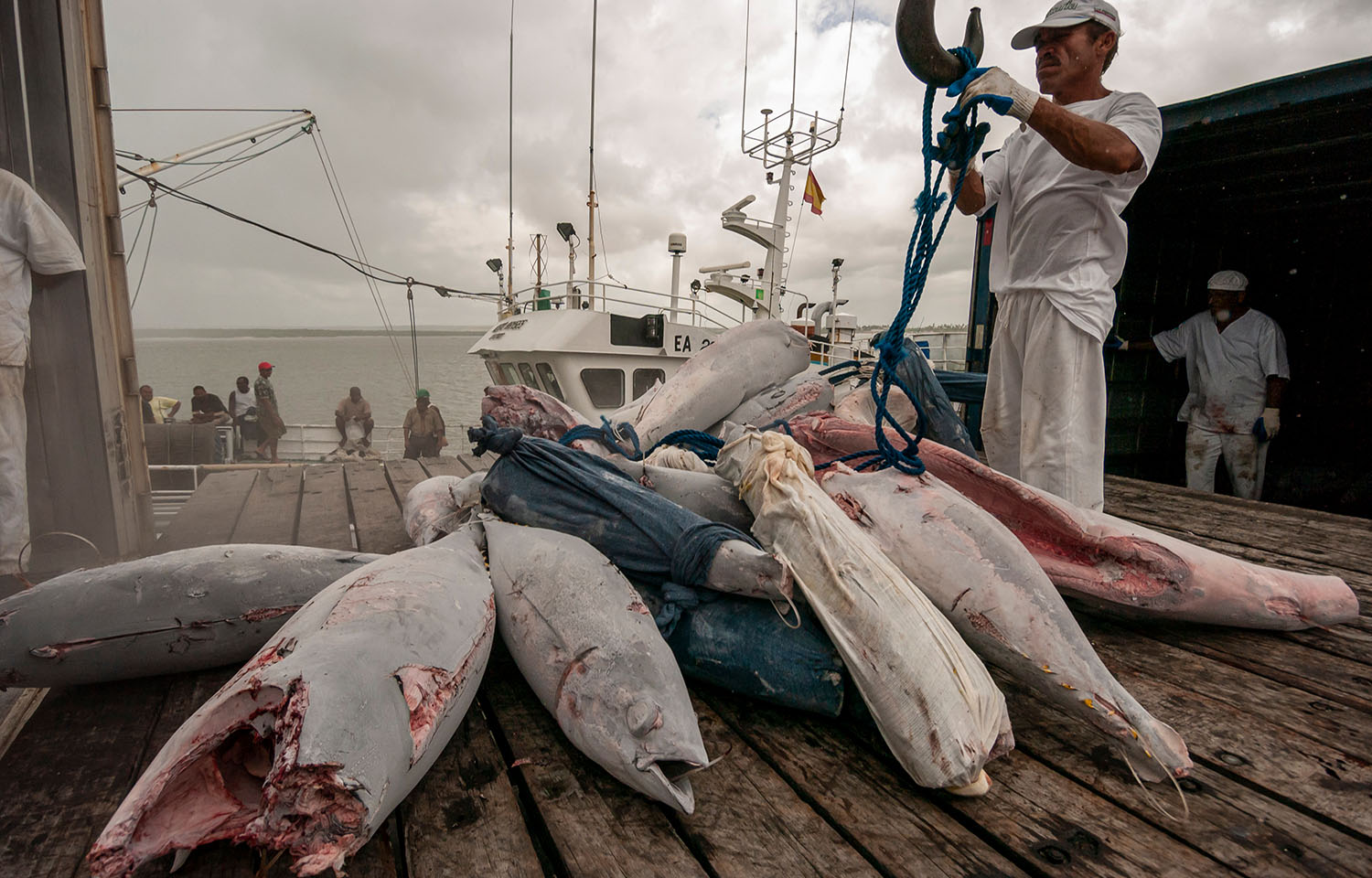A recently released report by the International Seafood Sustainability Foundation (ISSF) found the number of tuna stocks meeting Marine Stewardship Council fisheries standards and avoiding overfishing has increased in 2024.
The report, “An Evaluation of the Sustainability of Global Tuna Stocks Relative to Marine Stewardship Council Criteria,” determined 11 of the 23 major commercial tuna stocks worldwide are sufficiently avoiding overfishing and maintaining target stock biomass levels to meet MSC standards. That is an increase from the seven fisheries that met the standard in the ISSF’s report from March 2023.
ISSF has released a report measuring the sustainability of the world’s tuna fisheries against the MSC’s metrics since 2013. The report evaluates tuna stock against two main principles: that it is conducted in a manner that is not leading to overfishing or is replenishing a depleted stock and that it has an effective management system that respects local, national, and international laws and standards.
Per the new report, 11 stocks have received a passing score measured against the overfishing criteria. Of those, four of the stocks were located in the Atlantic: Western Atlantic skipjack, North Atlantic albacore, South Atlantic albacore, and Eastern Atlantic bluefin. The four stocks that passed had also passed in 2023.
Five more of the passing stocks were from the Pacific Ocean: Western Pacific yellowfin, Western Pacific bigeye, Western Pacific skipjack, Eastern Pacific yellowfin, and Eastern Pacific skipjack. Both Western Pacific yellowfin and Western Pacific bigeye did not receive passing scores in 2023.
Another new stock that passed assessment in 2024 that didn’t in 2023 was Southern Ocean bluefin. According to the ISSF report, there is strong evidence that a rebuilding strategy for the stock has been working and that biomass in the fishery has been increasing since 2009, when it reached its lowest point.
In the Indian Ocean, only Indian Ocean skipjack met the criteria to receive a passing grade. Yellowfin, bigeye, and albacore all continued to receive failing scores. The Indian Ocean Tuna Commission has been urged by a number of NGOs to curtail overfishing in multiple tuna stocks, particularly yellowfin. However, the commission has failed to implement sufficient reforms, and the stock has now been overfished for nearly a decade.
The ISSF report reflected the continued overfishing of Indian Ocean yellowfin stock, finding that catches between 2016 and 2021 did not decrease to the level necessary for the stock to be rebuilt.
“Although there is some doubt over rebuilding estimates due to problems with projections and other issues, there is little evidence that the stock will rebuild in practice with the current strategy,” the report said.
ISSF said that rebuilding is unlikely to occur within the next two generations of Indian Ocean yellowfin tuna.








